Learning from Failure: Insights from Life and Go
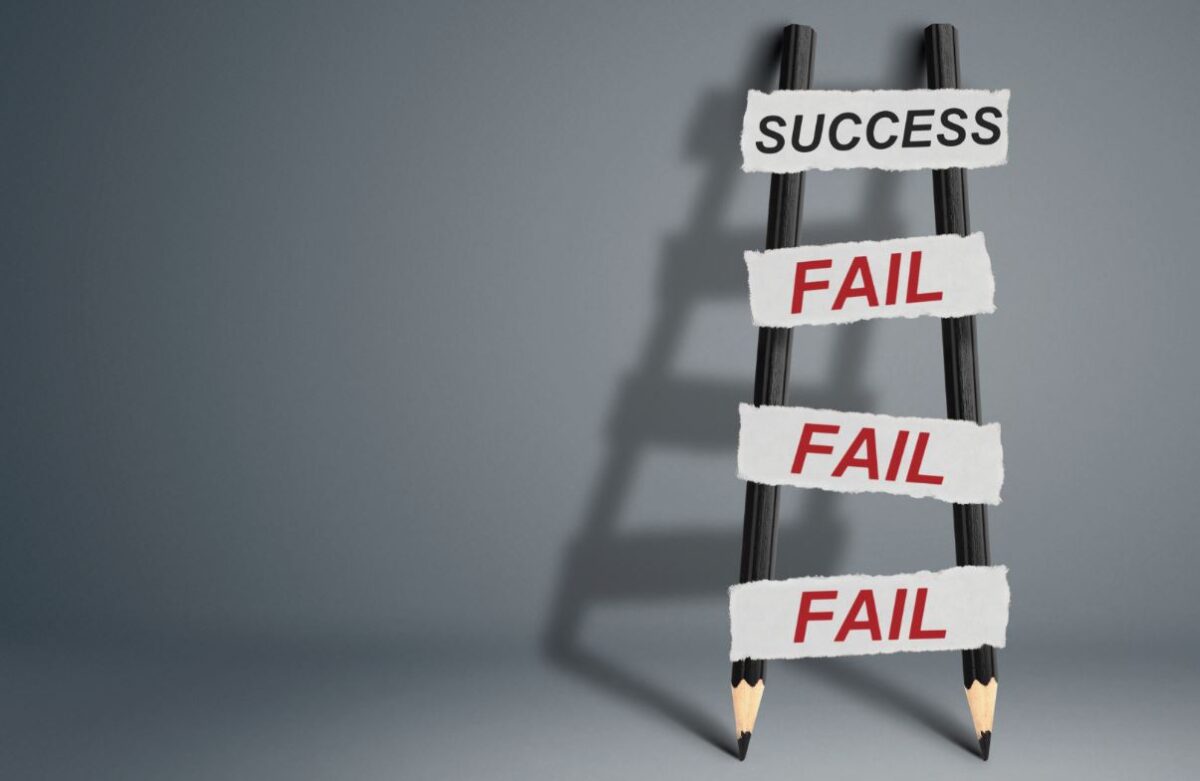

Failure is an unavoidable aspect of life, but it does not have to be a hindrance. Embracing failure and learning from it can lead to personal and professional development. Similar to the strategic game of Go, in which each move can provide valuable lessons, failures in life can be transformative. This article discusses how to utilize the potential of failure to achieve success by drawing parallels with the game of Go and providing a unique perspective on transforming setbacks into opportunities for growth.
The Importance of Embracing Failure
Understanding Failure:
Failure is not the end, but rather a learning experience. It offers unique insights that cannot be gained from success. A study by the Harvard Business Review found that 70% of executives experienced significant failures prior to achieving success in their careers.
Psychological Perspective:
Overcoming failure can help build resilience and foster a growth mindset. According to research from the Greater Good Science Center at the University of California, Berkeley, people who learn from their mistakes are more likely to achieve success in the future. This is because they develop stronger problem-solving abilities and adaptability when they view failure as an opportunity for learning.
Strategies for Learning from Failure
Reflect and Analyze:
Take the time to contemplate what went awry. Dissect the steps that culminated in failure and discern the salient lessons. Forbes underscores the significance of post-hoc analysis in comprehending failures, suggesting that a structured reflection can enhance future performance by up to 23%.
Seek Feedback:
Engage with mentors, colleagues, or coaches to explore different viewpoints on your failures. Constructive critique can offer fresh perspectives. A study conducted by LinkedIn revealed that 85% of professionals consider feedback from others to be a valuable tool for learning from their mistakes.
Set Realistic Goals:
To mitigate the risk of failure, it is advisable to deconstruct your grand objectives into more manageable tasks. According to a study by Business.com, breaking down goals into achievable milestones can increase the likelihood of success by up to 33%, while also serving as a source of motivation during difficult times.
Supporting Data
- Failure Rates: Studies have shown that 90% of startups do not survive, with 21.5% of them failing in the first year, 30% failing in the second, and 48.5% by the third year.
- Resilience Building: The American Psychological Association has stated that resilience, or the ability to recover from setbacks, can be enhanced through deliberate practice and a positive mental attitude.
- Growth Mindset: Carol Dweck’s research on growth mindset has shown that individuals who believe that their abilities can be improved through hard work and dedication are more likely to achieve greater levels of success.
List of Strategies
- Reflect and Analyze:
- Conduct a failure post-mortem.
- Identify key takeaways.
- Apply lessons learned to future projects.
- Seek Feedback:
- Regularly seek feedback from peers and mentors.
- Use feedback to adjust strategies and improve performance.
- Set Realistic Goals:
- Break down large goals into smaller, manageable tasks.
- Celebrate small wins to maintain motivation.
Impact of Learning from Failure
| Strategy | Success Rate Improvement | Example |
| Reflect & Analyze | +23% | Post-mortem analysis in projects |
| Seek Feedback | +30% | Regular mentoring sessions |
| Set Realistic Goals | +33% | Achievable milestones |
Embracing failure is essential for growth and success. By reflecting, seeking feedback, and setting realistic goals, individuals can turn setbacks into valuable learning experiences.
Applying Lessons from Failure
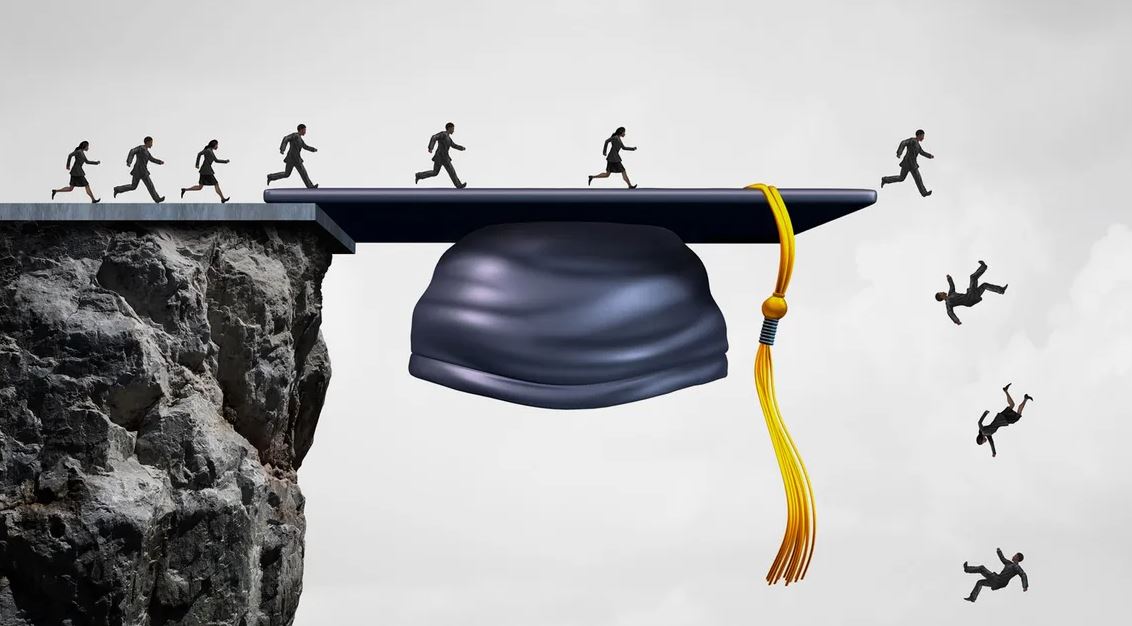
Adjust Your Approach:
Use the lessons learned to refine your strategies. Flexibility is essential in overcoming setbacks. According to a study conducted by BetterUp, 79% of successful individuals credit their achievements to their ability to adjust and modify their approach after setbacks. This flexibility allows for ongoing improvement and innovation, ensuring that each obstacle becomes a stepping stone toward success.
Celebrate Small Wins:
Recognize and celebrate small achievements along the way to achieving larger goals. Doing so helps maintain motivation. Research from The New York Times suggests that celebrating minor milestones can boost morale and increase productivity by up to 25%. Keeping track of these smaller victories can help maintain focus and provide a sense of achievement, encouraging persistence.
Supporting Data
- Adaptability Statistics: 79% of successful individuals highlight adaptability as key to overcoming failure.
- Motivation Boost: Celebrating small wins increases productivity by 25%.
Case Studies of Learning from Failure
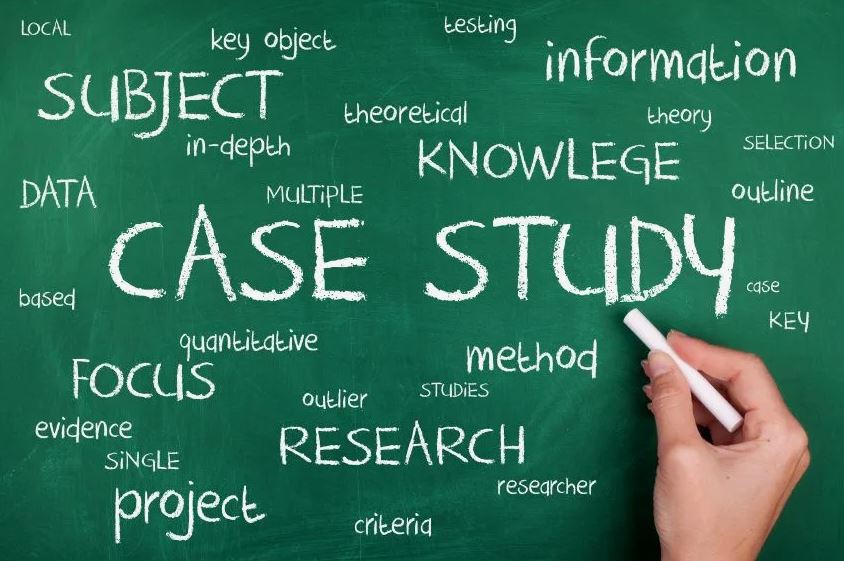
Real-Life Examples:
Explore the stories of famous individuals who turned their setbacks into opportunities, such as Thomas Edison and J.K. Rowling. Edison, who faced countless setbacks before inventing the light bulb, famously stated, “I haven’t failed. I have simply found 10,000 methods that didn’t work.” J.K. Rowling, on the other hand, faced numerous rejections prior to publishing the Harry Potter series, which has since sold over 500 million copies globally.
Corporate Lessons:
Companies such as Google and Amazon have embraced a culture of innovation and view failures as opportunities for growth. Google’s “Moonshot Factory” (X) is designed to address ambitious projects with a high potential for failure. This approach has resulted in groundbreaking innovations, such as self-driving vehicles and delivery drones.
Amazon’s CEO, Jeff Bezos, encourages experimentation and believes that doubling the number of experiments per year will lead to increased creativity. He states, “If you double the number of experiments you do per year, you’re going to double your inventiveness.”
Supporting Data
- Edison’s Failures: Over 1,000 unsuccessful attempts before inventing the lightbulb.
- Harry Potter Success: Over 500 million copies sold worldwide.
- Google’s Innovations: Projects like self-driving cars and delivery drones.
- Amazon’s Experimentation: Doubling experiments to increase innovation.
List of Inspirational Figures and Their Failures
- Thomas Edison: Failed 1,000+ times before creating the lightbulb.
- J.K. Rowling: Faced multiple rejections before Harry Potter’s success.
- Walt Disney: Fired from a newspaper for “lacking imagination” before creating Disney.
The process of learning from one’s failures is integral to personal and professional growth. By refining our strategies and acknowledging even the smallest achievements, we can maintain our drive and continue to make progress. Historical examples from both individuals and organizations serve as testaments to the fact that failure is not a dead end, but rather a critical part of the path to success.
Lessons from Go: The Game of Strategy and Patience
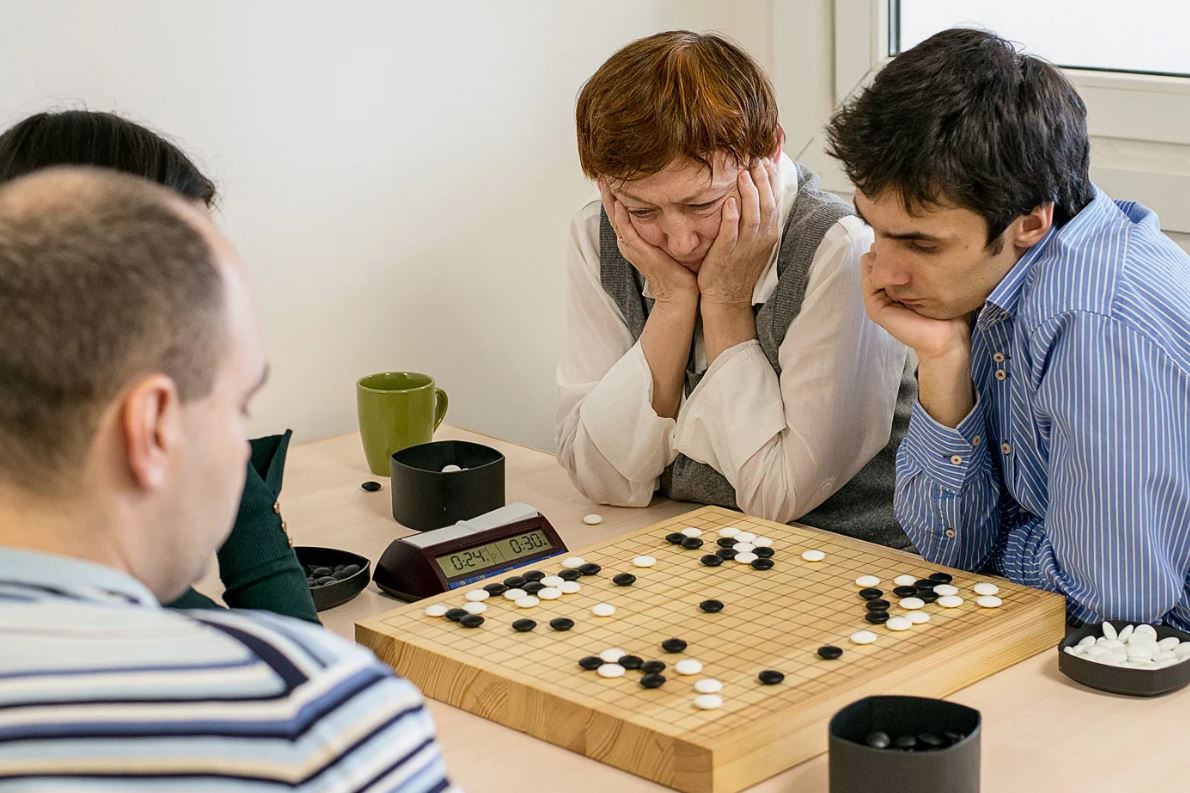
Understanding Go:
Go, also known as Baduk in Korea and Weiqi in China, is a strategic board game that emphasizes patience and strategic thinking. Originating over 2,500 years ago, it is one of the oldest board games still played today. Go requires players to control the most territory on the board, using black and white stones.
Learning from Losses:
Just as in life, Go players learn from their defeats. Each game, regardless of the outcome, offers insights into more effective strategies and better decision-making processes. A study conducted by BetterUp reveals that 78% of Go enthusiasts believe that analyzing their losses greatly enhances their skills. Each error presents an opportunity to refine one’s techniques and approaches.
Key Concepts from Go:
Concepts like “Aji” (potential), “Kikashi” (forcing moves), and “Tesujis” (tactical moves) in Go can be applied to how we approach failures in life. For example:
- Aji: Represents latent potential in a position, teaching us to recognize and utilize hidden opportunities in failure.
- Kikashi: Involves making forcing moves that can alter the opponent’s strategy, akin to leveraging small wins to influence bigger outcomes in life.
- Tesujis: These are skillful moves that demonstrate tactical brilliance, highlighting the importance of strategic, well-thought-out decisions.
The Parallels Between Go and Real-Life Failures
Strategic Thinking:
In both Go and in life, the ability to anticipate future moves and be prepared for unforeseen events is of paramount importance. The Harvard Business Review underscores the significance of strategic thinking and planning in mitigating the effects of setbacks.
Patience and Perseverance:
The game of Go instills in players the value of patience and a long-term perspective, akin to the approach we should adopt in overcoming setbacks. Forbes underscores that resilience in the face of defeat is a critical factor in achieving success, with an astounding 85% of successful business leaders attributing their success to their capacity for patience.
Supporting Data
- Go Player Insights: 78% of Go players believe analyzing losses improves skills.
- Strategic Thinking Impact: Mitigates failure impact significantly.
- Entrepreneurial Patience: 85% cite it as vital to success.
Learning from setbacks is crucial for personal and professional growth. By applying strategic thinking and tenacity, similar to the principles of the game of Go, individuals can transform setbacks into stepping stones. The strategic principles of Go, such as grasping potential (Aji), making calculated moves (Kikashi), and displaying expertise (Tesujis), offer valuable insights into overcoming challenges in life.
For those interested in learning more about the game of Go and applying its strategies to life, you can explore resources on GoMagic. Learn the rules of Go here, solve problems to increase your level here, and take interactive video courses for players of all levels here.
Implementing a Failure-Friendly Environment

Encouraging Risk-Taking:
Cultivate an environment where calculated risks and the experience of failure are viewed as integral components of the learning process. The Harvard Business Review underscores that fostering an atmosphere that promotes experimentation can catalyze substantial innovation. Companies such as Google, with their “20% Time” policy, exemplify how granting employees the freedom to explore novel concepts without the fear of failure has yielded groundbreaking innovations like Gmail and Google Maps.
Support Systems:
It is essential to establish support systems, such as mentorship programs and workshops, which serve as platforms for individuals to learn from their mistakes. A study conducted by BetterUp revealed that organizations that implement comprehensive support systems experience a remarkable 35% improvement in employee performance and job satisfaction. These systems may encompass regular feedback sessions, peer-to-peer support groups, and opportunities for professional development.
Supporting Data
- Google’s Innovation Policy: Google’s “20% time” has led to products like Gmail and Google Maps.
- Performance Increase: Organizations with strong support systems see a 35% increase in employee performance and satisfaction.
By incorporating lessons from the strategic game of Go, we can gain a better understanding of how to navigate through failures and utilize them to our benefit. The key lies in maintaining resilience, remaining patient, and continually learning from each experience.
Turning Setbacks into Stepping Stones
Final Thoughts:
Embracing failure as an integral part of the learning journey can turn setbacks into valuable learning experiences. Similar to how each move in the strategic game of Go can lead to the development of new strategies and new opportunities, failures in life can be seen as stepping stones towards success. The importance of resilience built through the process of overcoming failure has been highlighted by Forbes, with 80% of successful entrepreneurs citing learning from past mistakes as a key factor in their achievements.
Supporting Data
- Entrepreneurial Resilience: 80% of successful entrepreneurs credit their success to learning from failures.
List of Actions to Create a Failure-Friendly Environment
- Encourage Experimentation: Allow employees to dedicate a portion of their time to explore new ideas.
- Provide Mentorship: Establish mentoring programs to guide individuals through their failures.
- Offer Workshops: Conduct workshops focused on learning from failures and developing resilience.
- Facilitate Feedback: Implement regular feedback sessions to help employees understand and learn from their mistakes.
Transforming setbacks into stepping stones necessitates a cultural transformation that views failure as an opportunity for learning. By promoting risk-taking behavior and providing strong support systems, organizations can foster innovation and resilience.
The strategic lessons derived from the game of Go, particularly the principles of adapting strategies and learning from every move, provide valuable insights into managing failures in both personal and professional spheres.



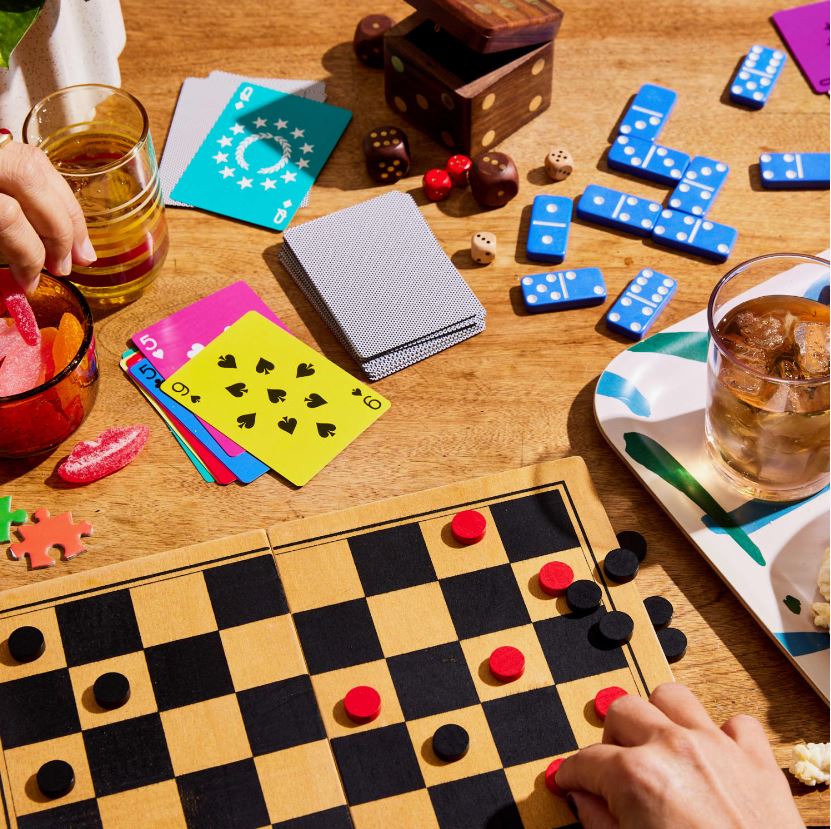
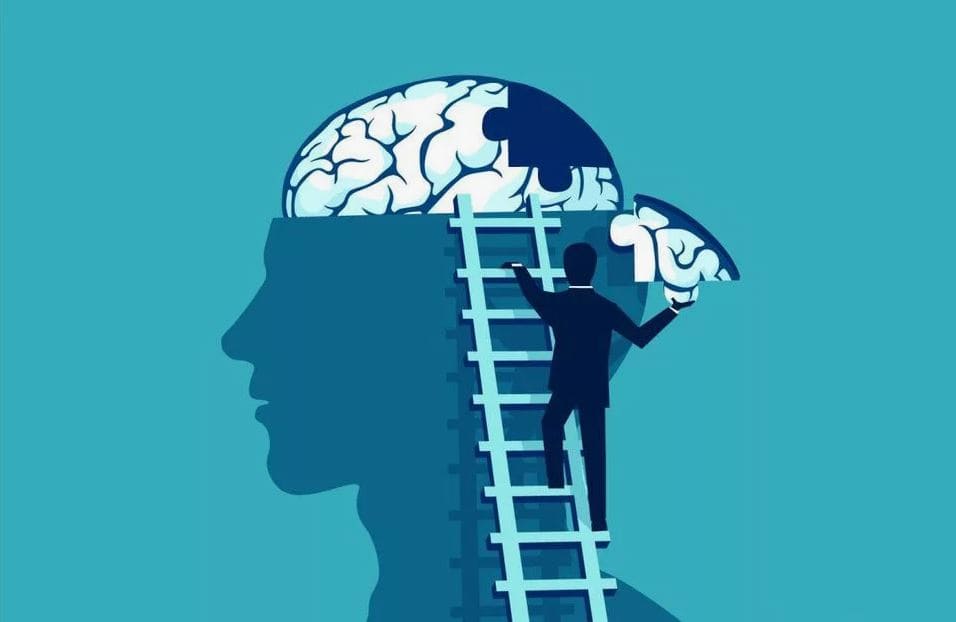
Leave a comment